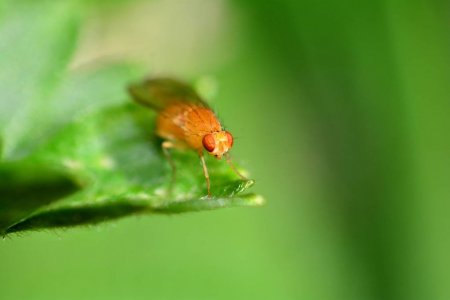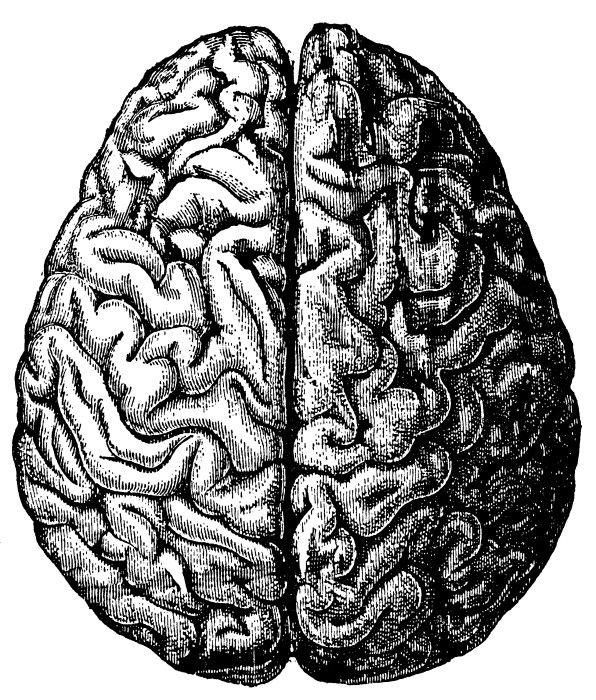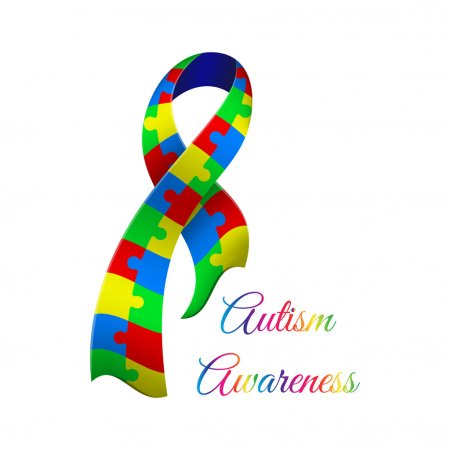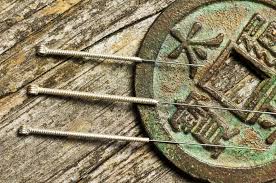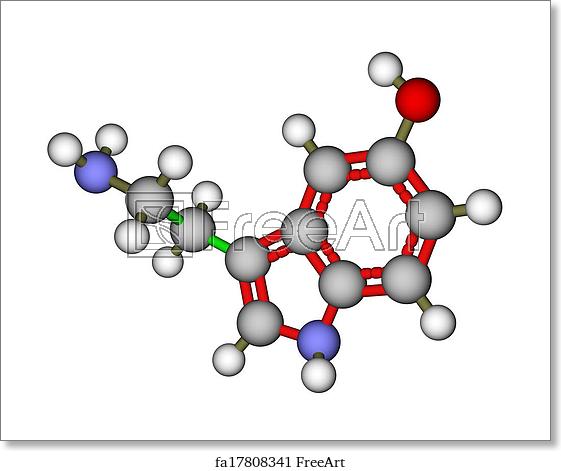Bellymount highlights the fruit fly where 65% of human disease causing genes can be studied
Mar
28
The Bellymount method capabilities means the same opportunities exist for the study of microscopic organisms living inside our gut, potentially revealing the layers of processes and interactions between our gut microbiome and cells, such as stem cells, in our body, their functions, and root causes of ailments.
(See articles, https://journals.plos.org/plosbiology/article?id=10.1371/journal.pbio.3000567 ; and
https://carnegiescience.edu/news/eavesdropping-conversations-between-gut-stem-cells-and-gut-bacteria).


